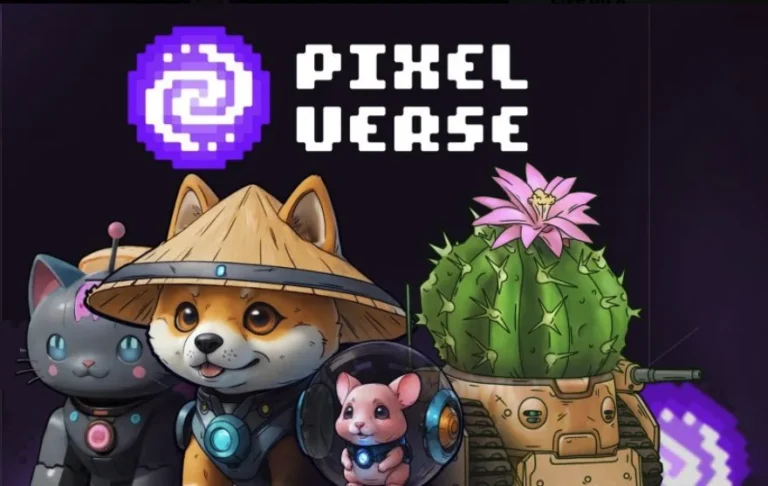The Hype, The Crash, and What’s Next
Telegram’s blockchain-based games were supposed to be the next big thing. Millions of players rushed in, attracted by easy-to-play tap-to-earn games and the promise of free airdrops. But by the end of 2024, the hype collapsed. Players left, revenue dried up, and the once-thriving gaming ecosystem struggled to keep users engaged.
So, what happened? And why is this important for understanding crypto gaming and blockchain adoption? Let’s break it down.
1. The Rise of Tap-to-Earn Gaming on Telegram
Key Concept: Tap-to-Earn Games
These are ultra-simple games where players tap their screens repeatedly to earn in-game rewards, often in the form of crypto airdrops. The idea exploded in popularity on Telegram’s TON blockchain, attracting millions of users.
Big Winner: Notcoin
- Notcoin was the first major success in this space.
- Players tapped their screens, earned Notcoin, and got rewarded with an airdrop that felt worthwhile.
- This success inspired a wave of copycats, including Hamster Kombat.
2. The Crash: Why Did Players Leave?
Key Concept: Airdrop Hype vs. Reality
Players weren’t actually in love with these games—they were in love with the idea of free money. But when those free rewards turned out to be disappointing, they left.
Hamster Kombat’s Airdrop Disaster:
- In August 2024, Hamster Kombat had 300 million players.
- By November, after its underwhelming airdrop, only 41 million remained.
- That’s a massive drop-off, showing that most people weren’t in it for the game—they just wanted quick rewards.
Retention Numbers Tell the Story:
- Traditional games keep 20-30% of players coming back.
- Telegram games? Only 5-20%.
- That’s terrible in gaming terms.
3. The Business Problem: No Users, No Money
Key Concept: Revenue Per User (ARPU)
Even with millions of users, Telegram’s tap-to-earn games couldn’t make money. Why?
- People weren’t spending money—just taking airdrops and leaving.
- Traffic sales (advertisers paying to reach users) collapsed as user activity dropped.
- The business model wasn’t sustainable.
The Botting & Farming Issue
- Many “users” weren’t even real.
- Bots and farms were artificially inflating numbers, making the ecosystem look bigger than it really was.
- This made it even harder to generate real revenue.
4. TON’s Monopoly Move: The Crypto Gaming War Begins
Key Concept: Telegram Forces Developers to Use TON
To keep its ecosystem strong, Telegram mandated that all crypto-based apps use only the TON blockchain. That means:
- Competitors like Mantle and Sui were kicked out.
- TON now has a monopoly on Telegram’s crypto gaming.
- This could make TON stronger, but it might scare away developers who prefer other blockchains.
5. What’s Next? The Shift to Real Gaming
Key Concept: Midcore & Hardcore Games
Telegram knows its current games aren’t sticky enough. So, in 2025, it’s focusing on deeper, more complex games:
- More strategy, skill, and engaging mechanics.
- Less reliance on free airdrops to keep people playing.
- A move toward real gaming studios rather than short-term hype projects.
Why This Matters for You
- Crypto gaming is still experimental. Tap-to-earn worked—for a while. But without real value, players will leave.
- Airdrops aren’t a magic solution. If a project only attracts people for free money, it won’t last.
- TON is trying to dominate Telegram’s crypto ecosystem. If you’re investing in or building on TON, you need to watch how this plays out.
- 2025 will bring more serious blockchain gaming. If TON succeeds in shifting to midcore and hardcore games, it could create sustainable growth.
Final Takeaway: The Crypto Gaming Hype Cycle
This was a classic boom-and-bust cycle:
✅ Massive user growth → ❌ Unsustainable hype → 📉 Collapse → 🔄 Evolution.
TON and Telegram aren’t giving up—but they need a better approach. If they succeed, they could redefine blockchain gaming. If they fail, they might just be another crypto fad that came and went.
Will Telegram’s gaming ecosystem survive? 2025 will tell.



